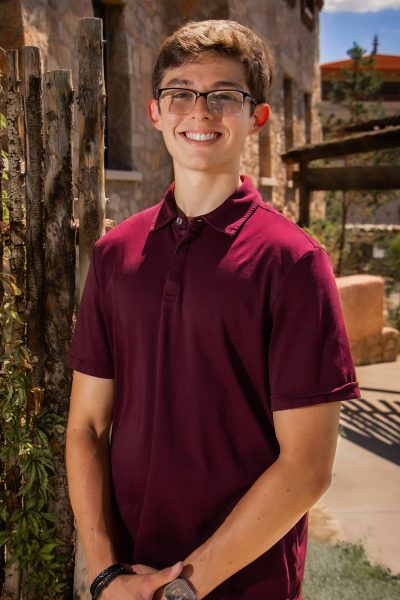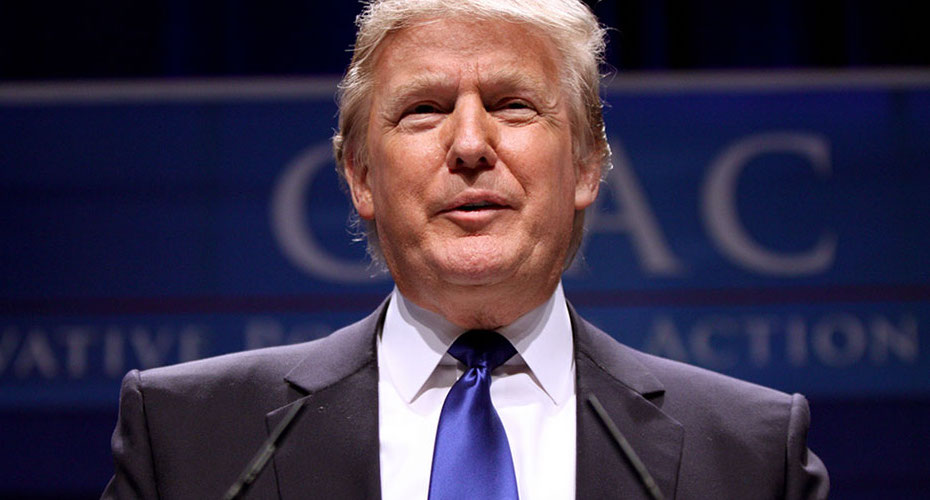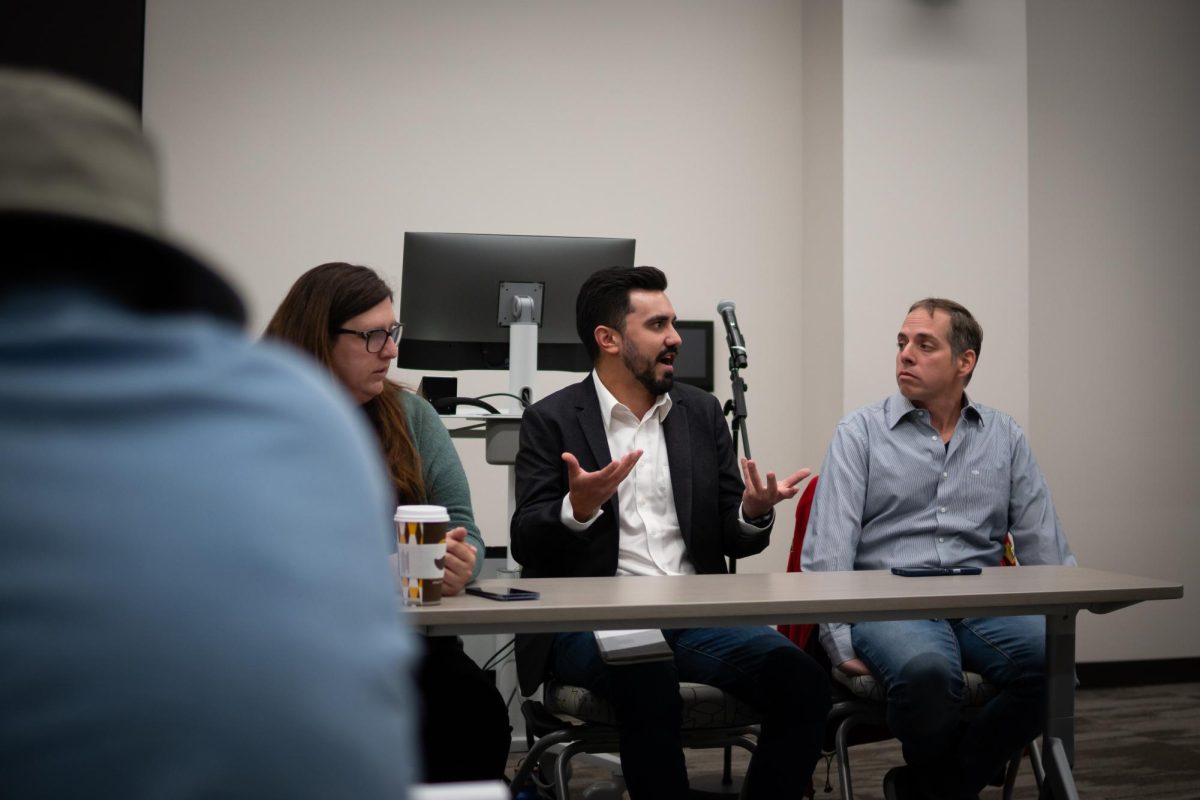The seat for Oscar Leeser’s predecessor remains vacant. After an eight-person race, the 915’s next mayor will be decided in a runoff election.
Although no winner was decided on election night, the mayoral field has been cut down to two candidates. First, is businessman Renard Johnson, who holds an endorsement from Texas’ former District 16 Representative Beto O’ Rourke. Second, is current city representative Brian Kennedy, who holds an endorsement from Mayor Leeser.
Neither candidate was successful in getting 50% of the vote, but Johnson ranked first among the candidates with 33% of it, while Kennedy won over 24% of the ballots.
The runoff election is set to take place on Dec. 14. Voters will have the chance to choose between two contrasting economic agendas. Johnson has been vocal about El Paso falling short of the heights of cities like Austin and Dallas and wants to grow the city by growing its economy. Kennedy, on the other hand, has taken a platform to limit big money spending, and wants to focus on more local improvements.
Johnson, 58, has no experience in public office but believes that his business background is just right to lead his vision for the city. Growing up in El Paso, he attended Andress High School and UTEP. Here, he started his business METI Inc, a government contractor that supports members of the military. Johnson is also the owner of El Perro Grande Tequila.
Johnson wants to grow El Paso’s economy by welcoming more corporations. He cites on his website that the focus of bringing business to El Paso is focused on industries such as aerospace, advanced manufacturing, and renewable energy. His goal is to motivate graduating college students to stay in the city in response to El Paso’s brain drain.
The candidate’s business vision is said to include a variety of post graduate work and educational opportunities, as well as enhancing the overall quality of life in ways that would see investments in tourism, entertainment and recreation. Whilst Johnson’s plan lacks further depth, the candidate does provide a way to make his vision come to fruition, and it’s driven by a corporate tax base.
The idea is that the more businesses there are, the more they pay in taxes. Johnson believes that the city can become a “hub” for high valued industries that are currently missing in El Paso. Therefore, with enough business it can not only grow the city’s market, but by increasing corporate tax, it serves to lower property taxes, possibly the biggest problem that voters are taking to the ballot box.
Just last year, El Pasoans saw an unprecedented spike in property tax. An increase that launched the 915 into 12th place on the list of U.S. cities with the highest property taxes in a Smart Asset report. Both candidates are actively campaigning on solutions to stop the spike, but that’s about where the economic similarities end.
Unlike Johnson’s plan to relieve El Pasoans property tax burden by opening the city’s door to business and economic expansion, Kennedy is taking a more conservative approach with the city’s money.
Kennedy,69, is a Minnesota native who first came to El Paso in 1975 with U.S Army intelligence. After spending time in the Army, Kennedy became a nationally recognized radio disc jockey during the late 1980s for his show “Rio Trio.” Kennedy was also a color commentator on high school and UTEP sports broadcasts.
Just like his opponent, Kennedy is well familiar with the business side of the 915, as for 23 years, he oversaw the city’s Colosseum’s operations, in both events and salaries. He’s touted as spearheading a “unique model for a private public partnership,” in which employees at the coliseum were paid through hotel and motel tax generated by tourists.
Kennedy later became a lawyer at age 62, and took office as District 1’ss city representative in January of 2023. One year later, Kennedy was voted by the council to be Mayor Pro Tempore.
The lawyer’s track record for being cost efficient applies to his campaign. On his website, Kennedy states “The truth isnot every deal is a good deal. Under previous administrations there was little oversight. We threw everything plus the kitchen sink at every deal.”
In his two years at city council, he led a historic no-new revenue budget. Kennedy also opposed the use of bond debt to start the Downtown Deck Plaza project. Debt is the main factor pushing the lawyers’ money-saving policy belief.
“We are in a tight spot right now, with not much room to move,” Kennedy said on his campaign website. “Progress doesn’t come from empty promises. It comes from people who have the patience for a series of small steps where each decision moves us closer and closer to our goal.”
Whether El Paso’s future relies on growing to make profit, or minimizing to save money, is up to the voters on Dec. 14.
Sebastian Perez-Navarro is a staff reporter for The Prospector and can be reached at [email protected]








